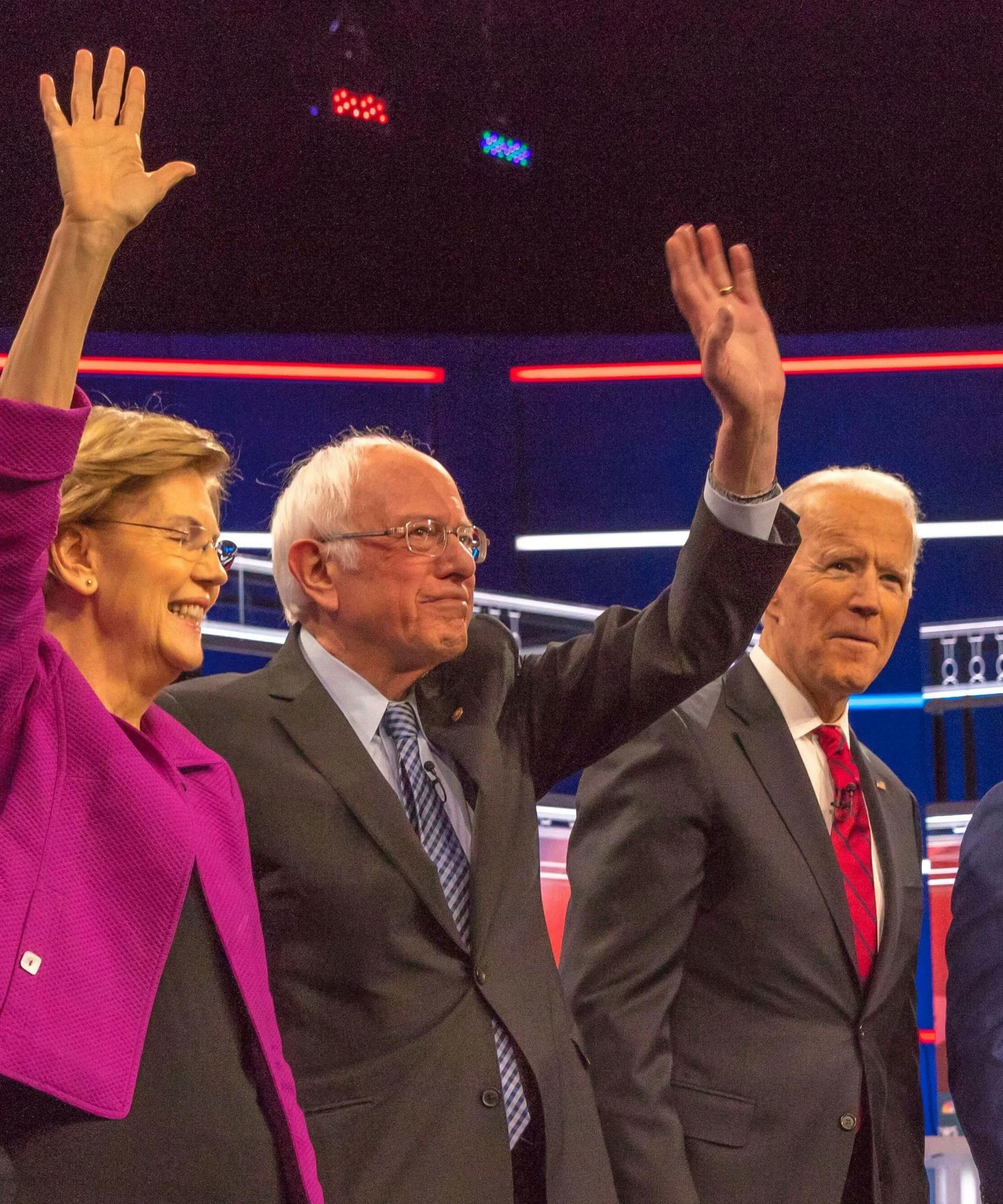These Primaries Are Going To Decide The Future Of The Democrat Party
The Super Tuesday results are in, and chances are, if you’re not a political junkie, interpreting the results might be a bit confusing. Here’s your guide to the 2020 Super Tuesday results and what to expect going forward in the Democratic battle for the Presidential nomination.

Joe Biden sweeps the southern states, winning over Alabama, Arkansas, North Carolina, Oklahoma, Tennessee, Texas, and Virginia in addition to Massachusetts, Minnesota, and most likely, Maine. Joe Biden’s success in the Southern region of the U.S. is attributed to his consolidation of the centrist Democrats as well as the overwhelming support of the African American communities in the South. Meanwhile, Bernie Sanders takes the western states of Utah, Colorado, and most likely California, as well as his home state, Vermont. Sanders’ support comes from the majority of young, white Democratic voters from more radical, left-leaning states as well as a large support from the Latino communities.
Elizabeth Warren has suspended her campaign after not winning a single State, not even her home state of Massachusetts. Tulsi Gabbard also remains in the race, though her days are numbered. Having won only the American Samoa Caucus, Mike Bloomberg withdraws after spending almost half a billion of his own money on his campaign and is no longer a candidate for the Democratic nomination.
After Super Tuesday, only two major candidates for the Democratic nomination remain: Joe Biden and Bernie Sanders. Though it might seem like Joe Biden swept the vote on Super Tuesday—having won 10 out of the 14 States—Sanders is actually almost neck-and-neck with Biden regarding the total number of delegate votes received.
It’s not about how many states the candidate won; it’s about the number of delegates the candidate gained.
This is the biggest thing to keep in mind when looking at the Super Tuesday results: It’s not about how many states the candidate won; it’s about the number of delegates the candidate gained. This is because some States have massively greater populations than others, and, therefore, more delegates to be won. The number of delegates within each state is proportional to the population size of that state.
Take California as an example. Although Biden won Alabama, Arkansas, North Carolina, Oklahoma, Tennessee, and Virginia, California’s population of 39 million is greater than all of these states combined. Oklahoma’s population of 3.9 million is less than the city of Los Angeles alone and one-tenth of California’s population. That is why California has 411 delegates to win, as opposed to Oklahoma’s 37.
Because Sanders swept the California vote, his 4 victories of California, Colorado, Utah, and Vermont place him only 45 delegate votes behind Biden’s victories in the other 10 State Primaries on Super Tuesday. As of now, Biden leads the race with 433 total delegate votes with Sanders closely behind at 388.
Side note: this number will change, as the votes from California are still being counted. Bernie is likely to earn more votes from California in the coming days. You can check the live delegate count here.
What Does This Mean for the Democratic Party?
The duel between Joe Biden and Bernie Sanders is indicative of the identity crisis within the Democratic Party. Biden represents the Democratic Establishment, and Bernie poses a real threat to the foundation of this political party. Unlike Biden, Bernie doesn’t merely want to improve the existing order, he wants to spearhead a new order—a new America.
Biden’s proposed policies are straight out of the traditional Democratic agenda: increase taxes to finance wide-spread social reform. This includes his plan to resurrect ObamaCare, increase national funding to public schools, and guarantee affordable housing for every American.
Sanders’ social revolution would usher in a new growth of governmental power that even the Democratic Party is wary of.
Bernie Sanders, however, doesn’t merely want social reform, he wants a social revolution through ushering in the new possibility of a Socialized Democratic Party. Rather than Biden’s platform of “affordable” health care for all, Sanders proposes “free” healthcare for every American through the universalization of Medicare. Sanders doesn’t stop at increasing funding to public schools; instead, he wants to make public universities free and clear all student loans. Sanders’ social revolution would usher in a new growth of governmental power that even the Democratic Party is wary of. The funding and power of such a socialized government would change the fabric of social and domestic policy, and, consequently, the Democratic Party as we know it would be forever changed.
What Should We Expect Going Forward?
As Biden and Sanders remain the two leading competitors for the Democratic nomination, we will see two different visions for the future Democratic Party face off for the victory of the Presidential nomination. This, arguably, could be one of the most crucial Democratic debates. The clash of these political ideologies will determine the fate of the Democratic Party as we know it.
The clash of these political ideologies will determine the fate of the Democratic Party as we know it.
As Biden is backed by the Democratic National Convention (DNC), Bernie’s only hope for the nomination is to reach the 1,991 delegate votes to win the majority. If, however, both Biden and Sanders remain neck-and-neck, the choice will be turned over to the DNC in the summer. In this case, Biden, representing the Democratic establishment, is likely to win the vote.
Closing Thoughts
The Presidential debates of 2020 should prompt every American to consider the reasons for our political motivations. What is the purpose of government, and how can we, as Americans, achieve flourishing in our communities? These foundational questions are bound to arise in the weeks to come.